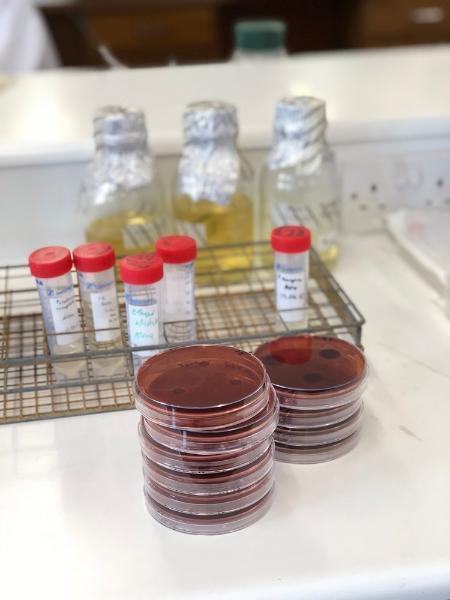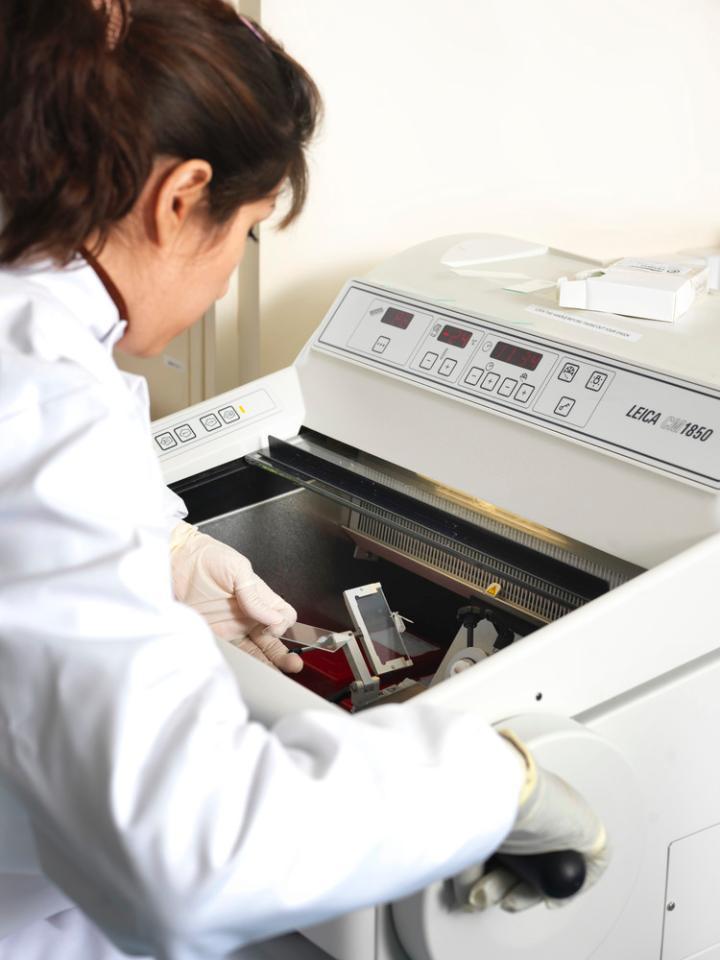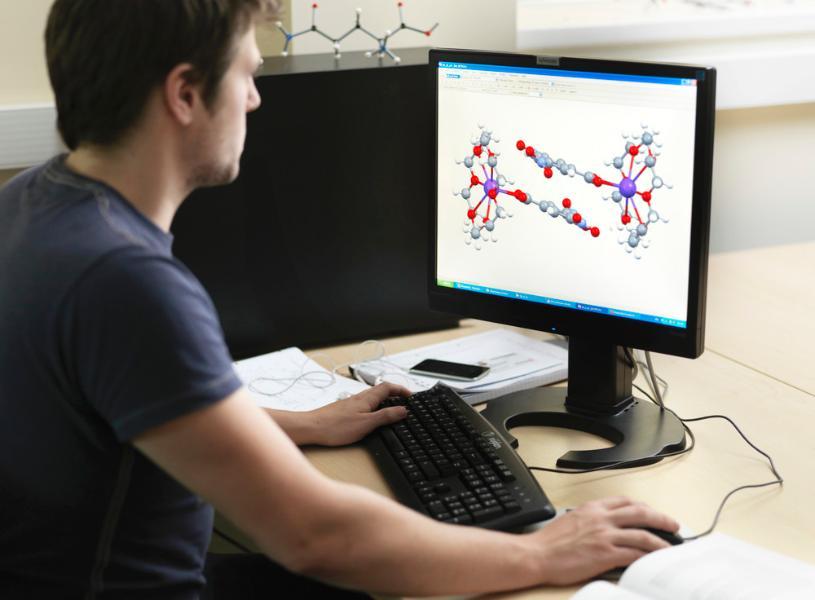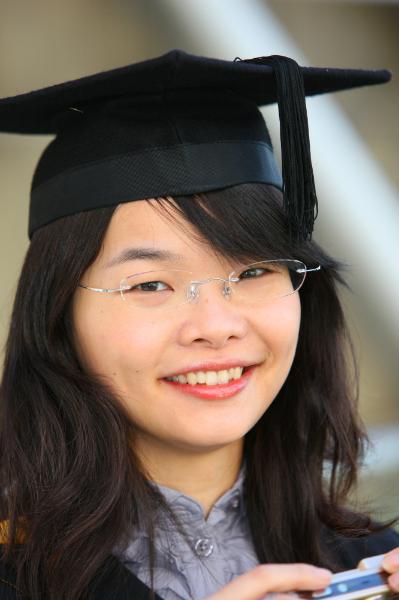
Biomedical Sciences: Careers and employability
100% of our 2016 graduates in BSc Healthcare Science (Life Sciences) found employment or went on to further study within six months of graduating.
88% of our 2016 graduates in Biomedical Science found employment or went on to further study within six months of graduating.
In Biomedical Sciences you study normal life processes in humans and gain an understanding of disease processes, the methods used in their investigation, and the identification and development of therapeutic intervention strategies.
Although the subjects you cover are broadly similar to the pre-clinical components of a medical degree course, we aim to produce graduates who understand disease from a scientific perspective.
We produce highly educated and yet flexible biomedical scientists, with excellent career prospects.
Some graduates choose laboratory-based careers while others opt for scientific but non-laboratory-based employment.

What jobs do our graduates do?



